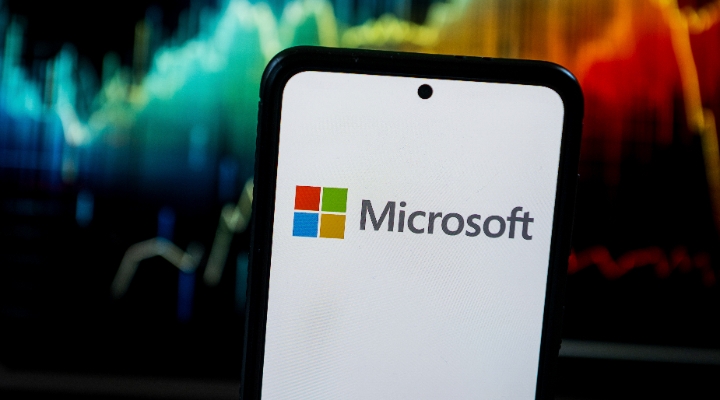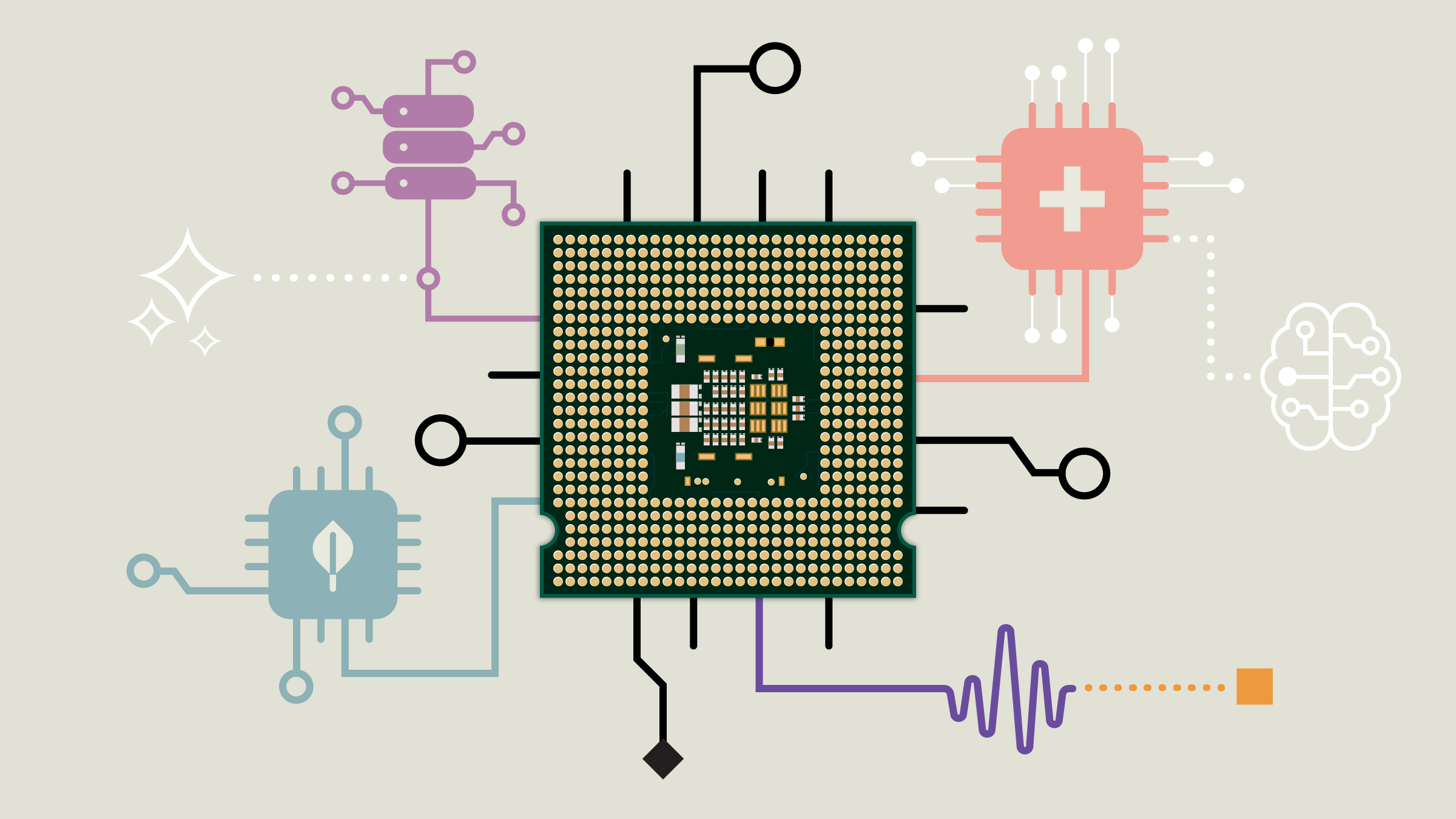Russ Kinnel: Hi,I'm Russ Kinnel, director of manager research for Morningstar. I'm joined today by Rupal Bhansali, manager of Ariel International (AINTX) and Ariel Global (AGLOX), both of which were launched about three years ago. Rupal, thanks for joining us.
Rupal Bhansali: Glad to be here.
Kinnel: Why don't we talk about where you're finding ideas in today's markets? Obviously, the markets have gone up a lot, so some people say there aren't a lot of attractive ideas. What do you think about that and where are the best ideas coming from today?
Bhansali: Well, we are fortunate because we run two flagship strategies, the Ariel Global Fund and the Ariel International Fund, which means we have a plethora of opportunities to choose from because it's a very large mandate. In the global fund, for example, we can choose from 3,000 stocks and we typically have only 75 in the portfolio. So, we can be very discerning. I don't need the entire market to be attractive, just a few stocks.
That said, I would say that we are finding more opportunity in different sectors as opposed to different geographies. Most markets around the world have gone up. So, I think geographically, it's been a challenge. But sectorally, as you can imagine, energy is now throwing up a lot of opportunities.
Also, I would say technology. I still think that intellectual property is being undervalued worldwide and you will see more and more incidents of the kinds of headlines that you see between Google (GOOGL) and Samsung (SMSGF), and Apple (AAPL) and Samsung about patents. Patents are a very valuable asset class. So, we are finding opportunity in those companies that own patents.
You'd be surprised to know that Nokia (NOK) is actually a very key holder of patents. A lot of people think of it as yesterday's story of handset manufacturing. Well, they sold the division to Microsoft (MSFT), so now really they are much more of a licensing company. Think of them as more akin to Qualcomm (QCOM) than a manufacturing company. So, that's where we are finding opportunity.
Dialog Semiconductor (DLG) is another company in Germany, which makes power management chips and battery management. As you know, we are all carrying more portable devices, whether it's wearables, smartphones, or tablets. So, any chipset that can actually improve the battery shelf life is very important to have. And it doesn't matter if it's a Google phone or an Apple phone, et cetera; we all want to have that power management.
Well, Dialog Semi is one of the unique companies in the world that has the monopoly almost on that capability, and so we own that in the German market. So, there is a whole range of opportunities worldwide; you just have to zero in on where the opportunities are that meet our risk/reward criteria. This is a company that's trading on a high-teens multiple and can grow double-digit earnings for the foreseeable future, after the stock has tripled for us in our strategies in the last three years.
So, there are genuinely good, high-quality growth companies in the world, if you have the lens to look for them. That's where our investment discipline helps us out a lot.
Kinnel: You mentioned energy, which of course is fascinating because it's been plummeting. It's a treacherous area. Obviously, you have to have confidence to invest today. So, you get points for contrarianism. How are you looking at energy and can you mention one of the names that you found attractive?
Bhansali: So, we approach energy as we approach any sector investing or company investing, which is that we start with a process of elimination. We are very clear about what we don't want. We don't want companies in a sector like energy, which has high operating leverage, to also have financial leverage. So, there are many indebted oil companies, and we have no interest in them.
The other companies that we are not interested in is those with a high cost position, because oil is not going back to $100. We think it rebounds from here, but it's not going back above a $100. So, if you are going to be in the range of $60 to $90, there are very few companies that can make money even at $60 and not have to depend upon $90. The better way to play it, actually, is to play the services companies rather than the exploration and product companies because that tends to be very capital-intensive.
So, [when it comes to] opportunities that are emerging in the market, we tend to be measured. "Slow and steady wins the race" is a mantra at Ariel. So, I'm not saying you should pile into energy full swing now because you'll get better opportunities, but you certainly should start picking. [One of the] two names that comes to mind that we've been certainly active about in our portfolios is Schlumberger (SLB), which is a premier oil-services company. They are deploying technology to lower their cost position, which in the upswing will help them improve their profit margins but also gain market share with their customers.
And Core Laboratories (CLB), which is really a testing and R&D company that advises oil companies. So, think of them as a consultant: As Accenture (ACN) is to your mainstream corporates, Core Laboratories is to the oil sector. It's a very asset-light company, 100% free cash flow conversion, and the stock has down 60% from the highs. It could go down another 20% or 30%, but that's how you accumulate positions. You don't get greedy and wait for the lows on the stock. You start owning them, at least, when they are near that fat pitch. So, those are two examples of where we are participating in oil.
Kinnel: I noticed that your most recent portfolio had a number of Japanese positions, which is another somewhat contrarian place to be. What are you finding attractive in Japan?
Bhansali: Not very much actually, Russ. I must confess. I think that we were very contrarian three years ago in 2012. Our inception strategies when I started the Ariel funds, actually, were overweight Japan by quite a mile. We were actually underweight emerging markets and overweight the "submerging" market of Japan.
At that time, the valuations were extremely attractive--for the first time in 25 years. As you know, Japan has had many false starts. I'm not one of those newbies to this market. I've been doing this for a long time. There was false hope during the Hashimoto era in mid-90s, more recently of course with Koizumi, and then of course with Abenomics. We invested in the companies that were of interest to us because they were world-class companies available at extremely cheap valuations.
That situation has reversed itself now. I actually think Japan is a crowded trade, and we are actually paring back our positions rather than adding to our positions. That said, if you find an individual company that fits your criteria of risk/reward--whether it's in Japan or Finland or America--I don't care. We are global stock-pickers. We'll pick those stocks. But on balance, I would say Japan is actually increasingly becoming a crowded trade.
Kinnel: Thanks so much for joining us.
Bhansali: Thank you, Russ. It was great fun.
Russ Kinnel: I'm Russ Kinnel for Morningstar.









.jpg)














